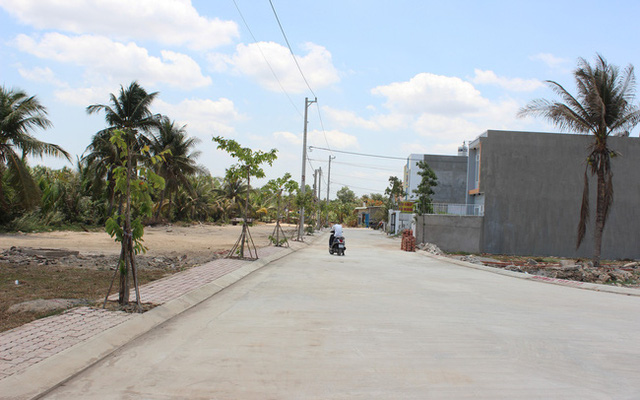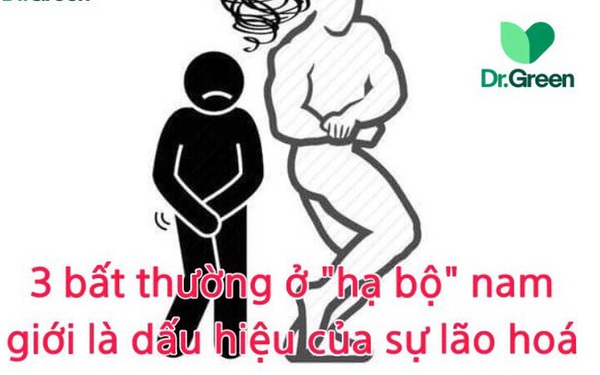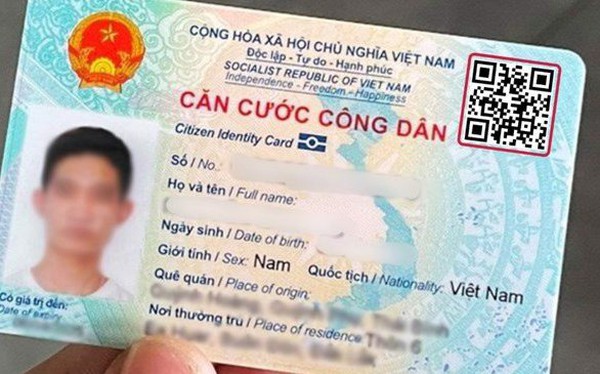What will happen to the real estate market if bank interest rates rise?
Analyzing from the current context, experts are concerned that Vietnam’s inflation rate is showing the strongest signs of improvement, i.e. 2 years heavily influenced by the Covid epidemic coupled with rising gasoline prices and types of goods.
dr. Nguyen Tri Hieu, a financial expert, said that compared to before the Russia-Ukraine conflict, Vietnam’s inflation in the current context has entered a new turning point. The pressure will not only be on domestic recovery factors and supply chain disruptions due to the epidemic, but will be much heavier.
dr. Nguyen Tri Hieu said that a series of sanctions against Russia would create a huge effect on the shortage of goods, affecting all businesses and investors. If this situation persists for a long time, the crisis and inflation will become more serious. This can cause commercial banks to raise deposit rates.
Vu Truong Thang, Director General of Winhousing, said that the increase in inflationary pressure also came from the pump package to support the economy in line with the acceleration of public investment activities and the increase in fuel prices.
In particular, the news that the official hike in gasoline prices on March 11 was a factor that made investors more worried about the risk of inflation exceeding expectations. To control inflation, bank interest rates will be forced to adjust in a higher direction. This also means that the increase in interest rates will affect the liquidity of the cash flows of investments in the real estate sector, as this is a channel that uses a large amount of financial leverage.

The real estate market is expected to fluctuate if bank interest rates rise.
According to Mr. Cao Minh Thanh, General Director of MLAND Pro, said raising interest rates was one of the tools to squeeze cash flow into the real estate sector. Mr Thanh analyzed that if interest rates are low, people tend to withdraw money and pour money into the real estate sector in search of better returns. But if interest rates are high, on the other hand, people will keep money in banks, cash flow to real estate is limited. On the other hand, when interest rates on loans increase, investors using financial leverage who cannot repay their loans will be forced to sell at a loss.
And dr. Dinh The Hien, an economist, said that more than 10 years ago, when inflation was high, interest rates were also pushed up. The scenario that occurs is that many real estate giants collapse because they cannot bear to pay interest to the bank. The market experienced a sharp decline in liquidity. Therefore, an increase in interest rates will have the strongest impact on the group of investors who use strong financial leverage.
The real estate market movement after the 2009-2010 summer heat began to gradually change direction from the end of 2010. At that time, double-digit inflation forecasts gradually became a reality, far exceeding the forecasted rate of 8.5%. , and the full-year GDP target will almost certainly be met. On November 5, 2010, the State Bank of Vietnam officially raised the VND base interest rate from 8%/annum to 9%/annum, with the aim of tightening the currency and controlling inflation.
The race to raise bank interest rates is exploding. Several banks are ready to raise interest rates beyond the limit, despite warnings from Bank Negara. A record deposit rate of 17% was set on December 8, 2010 by Techcombank, far exceeding the 11% a month earlier.
In 2011, monetary policy continued to be tightened due to growing concerns about inflation, especially in the context of rising oil prices, the unstable world economy with the public debt crisis in Greece.
According to the 2011 SBV annual report, in the first 6 months of 2011, both deposit rates and lending rates in VND increased. At the end of June 2011, the average deposit rate in VND was at the level of 15.6%/year, higher than the ceiling interest rate of 14%/year because several credit institutions with liquidity problems had “avoided” the provision of the ceiling interest rate.
The sharp rise in interest rates has pushed the hot real estate market into a fast cooling state. In 2011, many real estate projects had to be stopped or postponed due to loan cuts. The gap between supply and demand is clear, real estate prices plummet in the market. Many real estate projects have been discounted by 30-50% in the market.
The scenario of the real estate market at the time of rising interest rates will not fall as dramatically as 2011-2013 because experts believe that State regulations are more rhythmic. Investors are also wise, know how to evaluate and analyze the market. But the risk of capital starvation and stop losses is what will happen if interest rates rise to curb inflation.
Business and Marketing
at Blogtuan.info – Source: cafebiz.vn – Read the original article here



